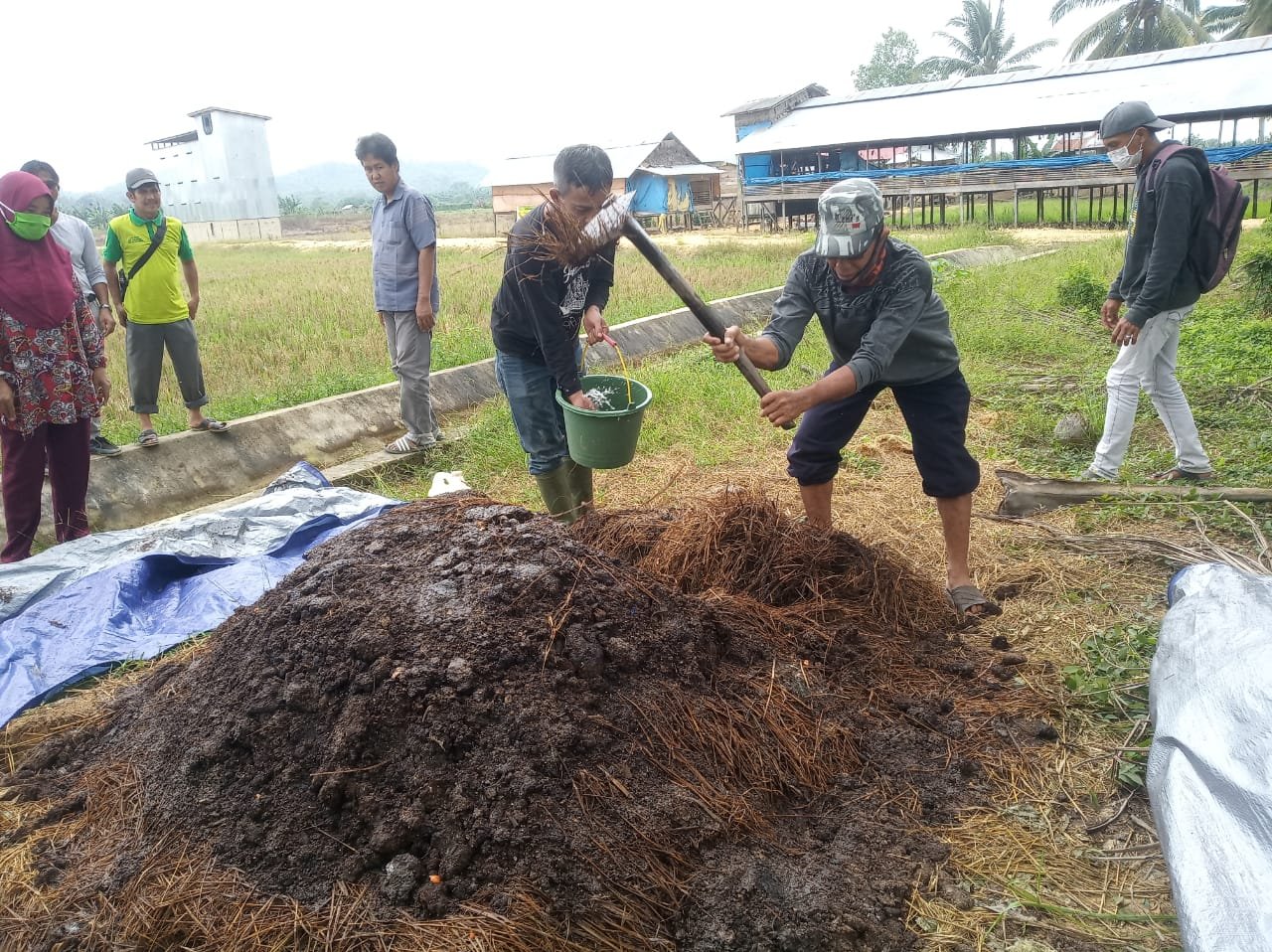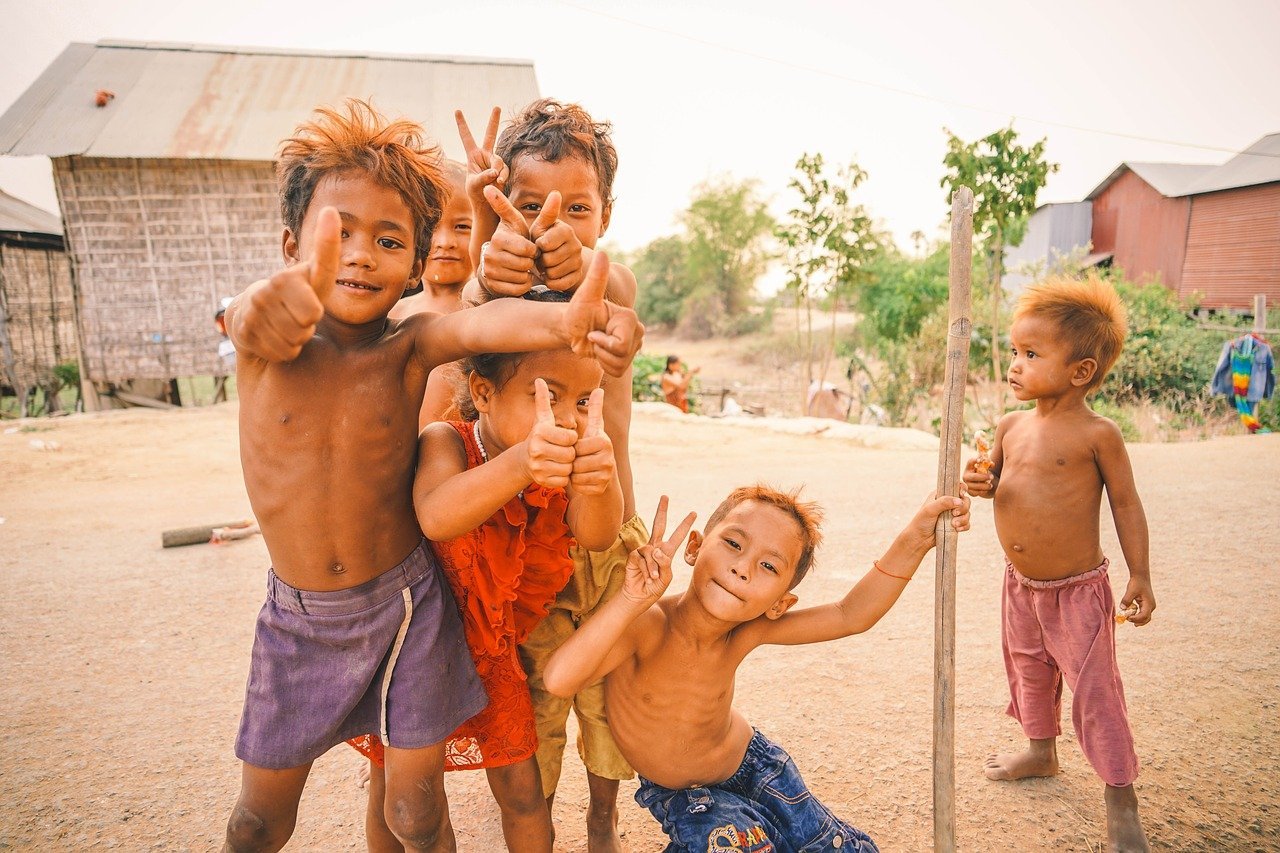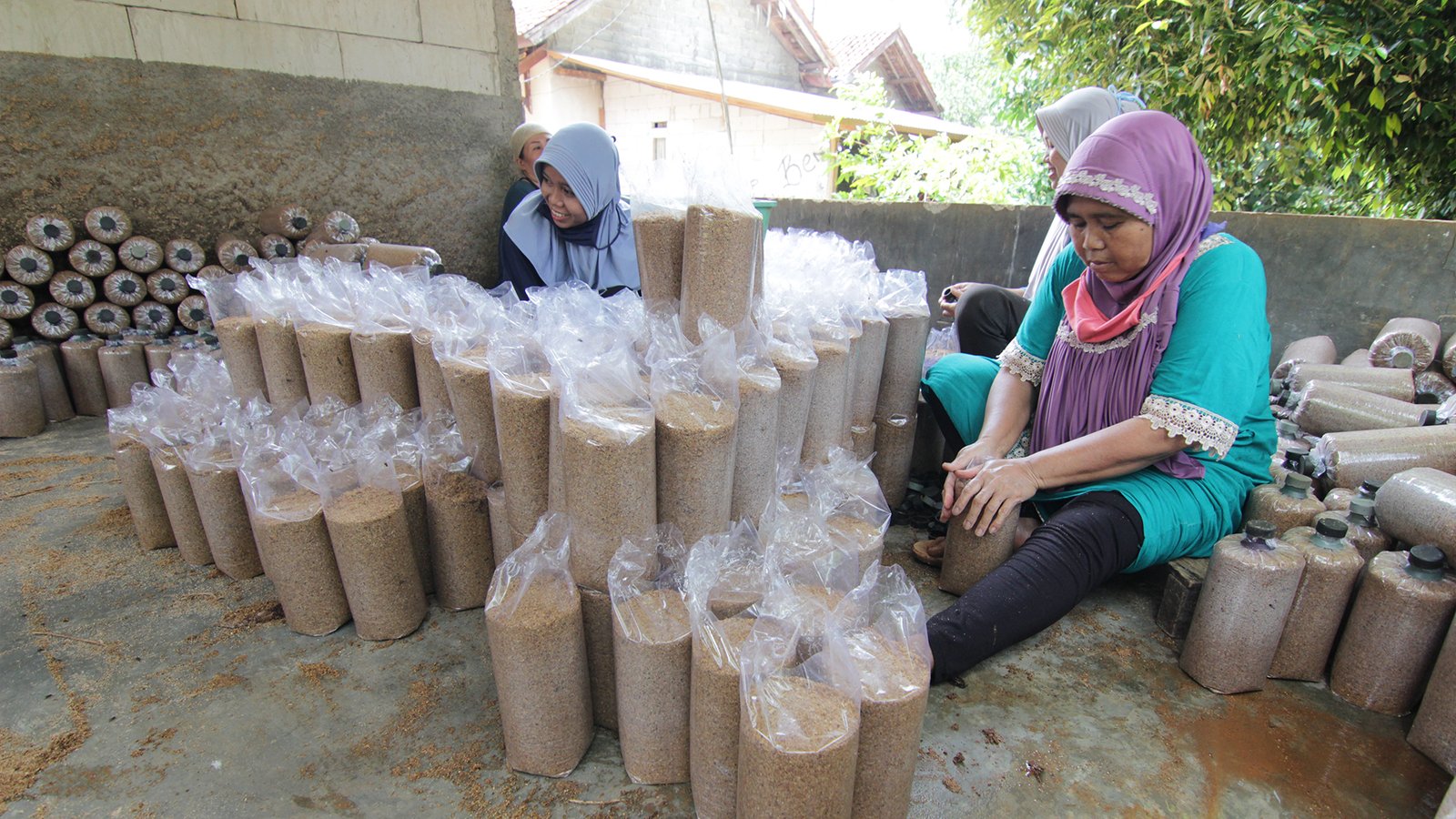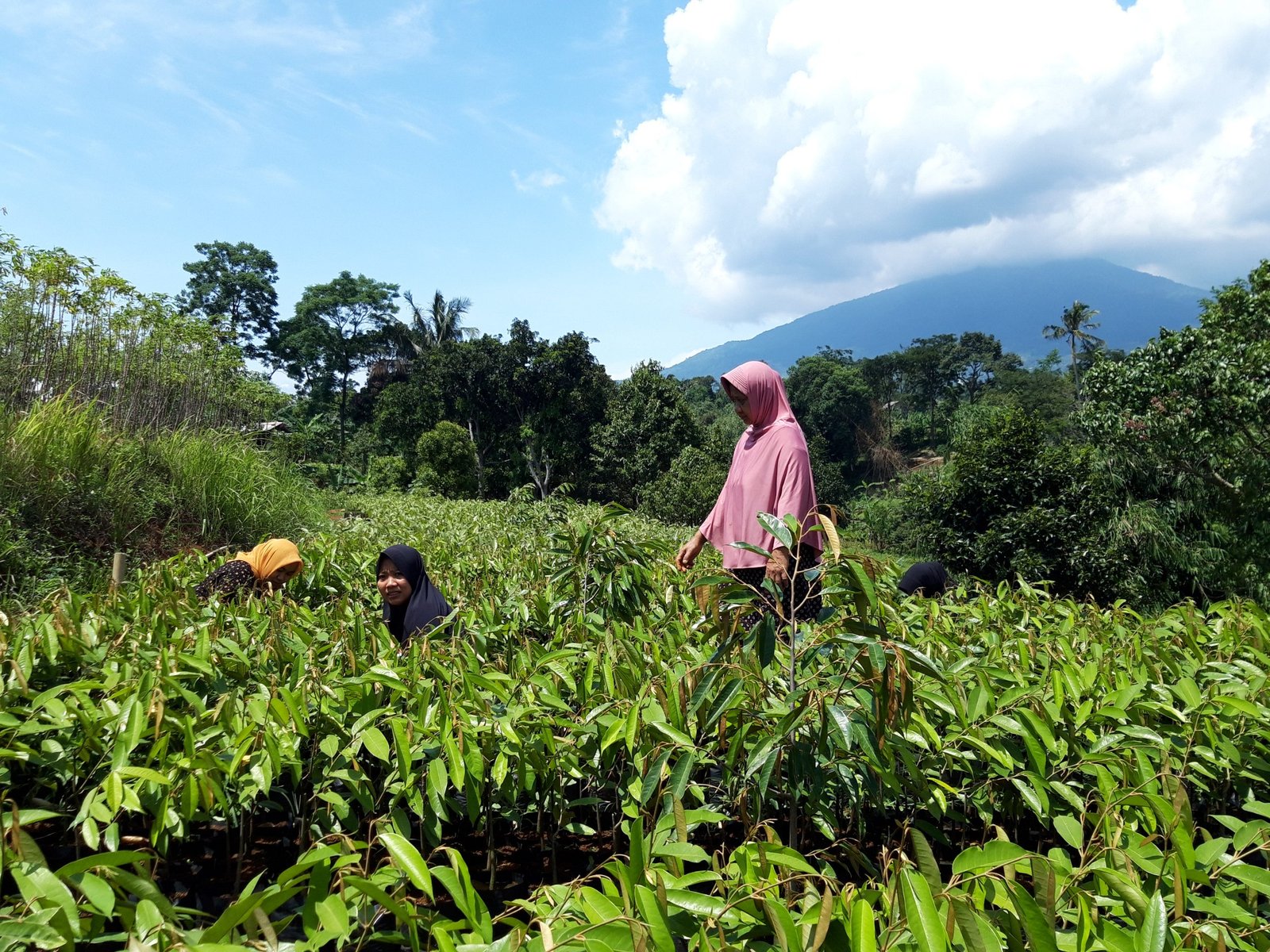The cooperative system in Indonesia is said to be far from the paradigm and understanding of cooperatives that are aspired to, where the people should be placed as the main ones. In addition, the policies presented by the government are expected to be able to encourage the development of cooperatives in the country.
To sharpen this paradigm, the involvement of all parties is expected to enrich the knowledge of the cooperative system in Indonesia so that cooperatives can move in all sectors.
In celebration of National Cooperative Day 2021 on Monday (12/7), Wisma Hijau Talk (BBWH) raised the theme “Cooperatives for Indonesia” with speakers from the Chairman of the Bina Swadaya Foundation Bambang Ismawan and the Chairman of the Association of Strategic Socio-Economic Cadres (AKSES), Suroto, moderated by the Management of the Indonesian Seed Cooperative (Kobeta Cooperative), Dewi Hutabarat, Friday (9/7).
The International Co-operative Alliance (ICA) reports that cooperatives in the world have more than 1 billion members who then create more than 100 million jobs engaged in all sectors, from daily necessities services to public services.
“So far, cooperatives are seen by the community as savings and loan services. Cooperatives can move in all sectors including for daily needs services to public services such as hospitals to electricity needs can be developed on a cooperative basis,” said Cooperative Observer who is also Chairman of the Association of Strategic Socio-Economic Cadres (AKSES), Suroto, in the discussion held online.
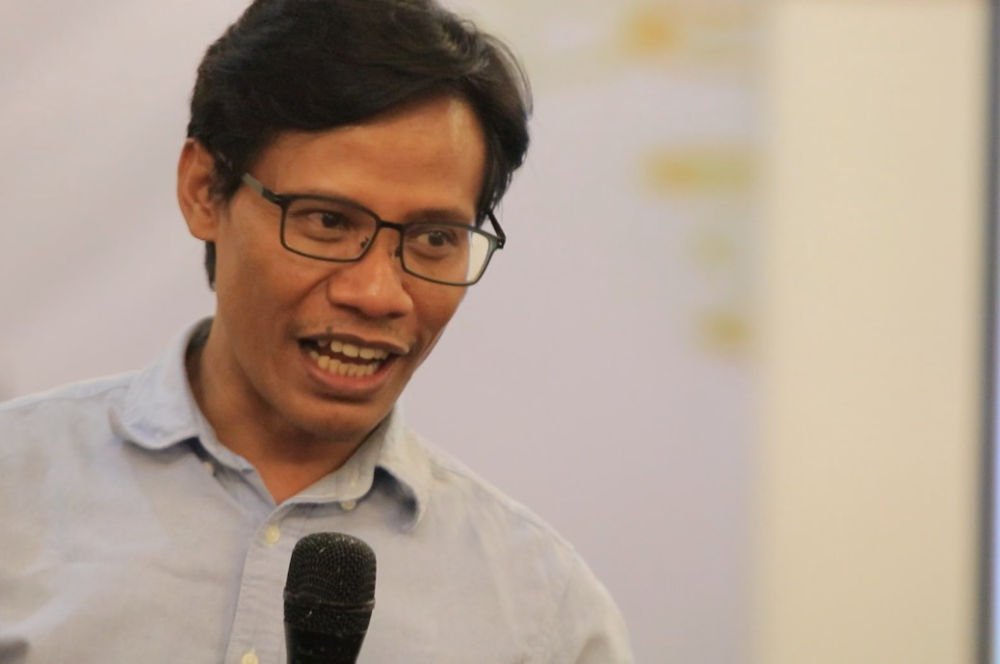
Suroto said, in the United States most of its citizens access electricity thanks to the role of cooperatives through the National Rural Electric Cooperative Association (NRECA). There is also Group Health Cooperative the largest hospital network in Washington DC which is also managed by cooperatives. Meanwhile, in Indonesia, people still see cooperatives only as savings and loan cooperatives.
The latest ICA release in 2020 stated that of the world’s 300 large cooperatives, Indonesia, which has a large enough population with thousands of cooperatives, did not contribute to the list of 300 large cooperatives in the world. Meanwhile, capitalist countries such as the United States, account for 26 percent of the total number of 300 large cooperatives in the world.
“Cooperatives can be agile organizations because of their position as private legal entities recognized by the state, not profit-oriented, but a benefit for their members. Thus, cooperatives can move in all sectors of life,” he said straightforwardly.
Suroto said that the failure of cooperative development to be the foundation of the company reflected that the image of cooperatives had been positioned as marginal business actors. Cooperatives have been portrayed as peripheral economic actors so people find it difficult to distinguish cooperatives and other types of business entities.
This problem paradigmatically causes the orientation of cooperative empowerment, both in terms of regulations and policies, to be less appropriate. The paradigm of society in Seeing cooperatives is also time for a complete overhaul. This is a matter of cooperative image that must be changed from the assumption of weak and small businesses to competitive and competitive businesses.
“We must make cooperatives develop and become “Economic Heroes” for the community. We change the paradigm that has been created that the economic value chain is controlled by the cartel mafia in the marketing, processing, insurance to financing sectors, owned by cooperatives,” said Suroto.
In addition, he also considered that there are still many laws in Indonesia that discriminate against cooperatives, thus hindering the development of cooperatives.
“In our system of laws and regulations, there are still many that apply discrimination against cooperatives, thus hindering the development of cooperatives in Indonesia,” said Suroto, Chairman of the Association of Strategic Socio-Economic Cadres (AKSES) when contacted by telephone, Tuesday (6/7).
He gave an example of laws and regulations that discriminate against cooperatives such as the Hospital Law which must be a company legal entity (PT). Another form of discrimination against cooperatives recognized by Suroto is a foreign investment which is also required to be a legal entity PT. The policy is mentioned in the Investment Law. This kind of law makes it difficult for cooperatives to develop.
Supposedly, cooperatives can come out and become a modern cross-business. However, what has happened so far is that cooperatives have become businesses that seem only as a place of coaching and charity. According to him, discriminatory treatment of cooperatives must end.
In addition, people’s incomprehension of the cooperative system also causes many people to be deceived, even deceived by fake cooperatives. As well as fraudulent investment in the name of cooperatives.
He said countries whose domestic economies are stable occur because cooperatives have contributions as established institutions. To follow in the footsteps of these countries, Suroto said there must be a Regional Cluster (Guswil) that takes cooperatives seriously.
Therefore, according to him, the most important thing now is for the community to find their knowledge resources to overhaul the existing cooperative governance in the community, then build a new spirit to develop cooperatives by their principles and values.
Suroto further admitted that the existence of cooperatives still requires serious efforts to be able to transform and develop. Because until now, the strength of cooperatives in various economic activities is still relatively small. Cooperatives should be expected to become pillars or “Soko Guru” of the national economy and also institutions of the people’s economic movement.

The same thing was expressed by Bambang Ismawan, according to him, cooperatives should be able to become a people’s economic system, where its implementation is based on the interests and welfare of the people. People’s economy is an economic system that is expected to be enforced in Indonesia so that benefits are obtained together, not only for one party.
In the discussion, Bisma, nicknamed Bambang Ismawan, also emphasized that Non-Community Groups (KSM) can be said to be community-based cooperatives. KSM, according to him, is a group of people who unite themselves in social efforts that aim to improve the standard of living of its members and the surrounding community.
“The struggle carried out by Mas Suroto is the same as we did in Bina Swadaya, which also fought for regulations related to Microfinance Laws that the people have not fully aspired to. Therefore, Bina Swadaya is here to assist the community,” he said again.
The man who won Gold Winner from the 2018 Global Business and Interfaith Awards also explained that the assistance was intended as an effort to provide technical assistance to non-governmental groups (KSM) to increase this dependence on himself.
Mentoring is a group partner that serves as a motivator, facilitator, and communicator. Mentoring must also have commitment and ability to develop community self-help and for that, they need to be prepared with adequate training.
“Bina Swadaya has independently succeeded in forming 3,000 KSM spread across 23 districts in Indonesia. Meanwhile, from the results of multistakeholder cooperation, more than 1 million KSM have been formed, with 25 million members,” he concluded.


